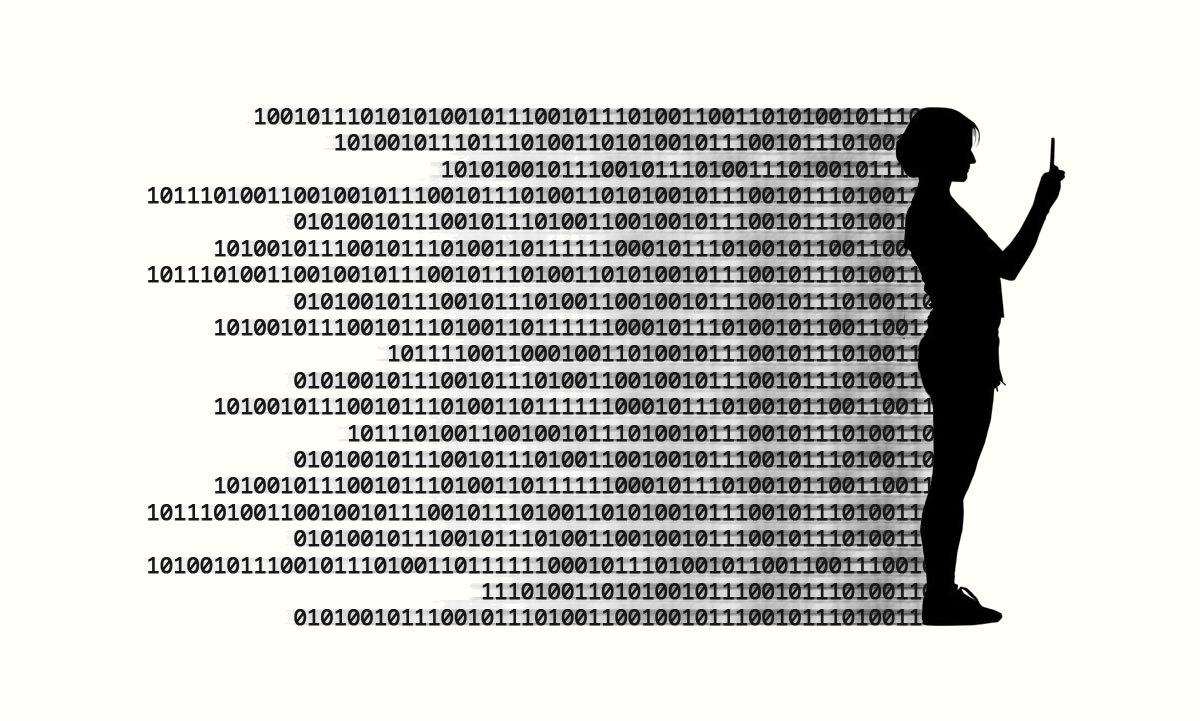
On April 15th, 1980, Jean-Paul Sartre died, after spending a lifetime wondering how people deal with being disconnected from each other, and laying the groundwork for irritating conversations among future college sophomores. In October, Hans Asperger would also exeunt life, not knowing that his name would become a foundational part of a stereotype that would brand an entire career ten years later.
The same year, Tim Berners-Lee wrote Enquire at CERN, which he humbly proclaims was the embryo that became the World Wide Web, so it was perhaps a mercy that Marshall McLuhan died that New Year’s eve, and wouldn’t have to see the world he described in 1962:
Instead of tending towards a vast Alexandrian library the world has become a computer, an electronic brain, exactly as an infantile piece of science fiction. And as our senses have gone outside us, Big Brother goes inside. So, unless aware of this dynamic, we shall at once move into a phase of panic terrors, exactly befitting a small world of tribal drums, total interdependence, and superimposed co-existence.
Even more fearful of technology but with no aversion to terrors, Ted Kaczynski mailed his fourth bomb to Percy Wood. If he hoped to plug the dam, he should have noticed he was standing in the lake: fax machines and camcorders had just hit Japan, Pac-Man had popped his first pill, Bill Gates was talking to IBM, and the GPS time epoch had started counting up to the moment there would be no place left to run.
More importantly, I was born, and ten years later people would start masdebating over what to call me. Generation X is starting to think about pensions while the Boomers are shooing the Millennials off the lawn, and they still haven’t decided what to call my generation. Generation Y was correctly deemed a copout, and everybody blamed us for the copout before we made it out of high school and long before we started thinking about how we’d be referred to in our nursing homes. Contenders rose and fell: Generation Next, Echo Boomers, Net Generation, and a last Hail Mary with The Oregon Trail Generation, which was a nice thought but rolls off the tongue like a brick. Net Generation came close, but that’s a better term for the Millennials. It’s not just the rise of the internet that marked my generation, but the rise of the consumer computer, and the near total merging of daily human experience with the bit-flipping microchip.
We are Generation Byte. Call us Bytes.
From 1980ish to now, we have lived our lives in sync with the maturing computer industry. We went from cartridges to clouds, from typewriters to Chrome books, from journals to LiveJournal to MySpace to Facebook, from War Games to The Social Network and through two Trons. We still had to learn cursive when we were young. We wrote letters, balanced check books, mixed tapes, folded maps, remembered phone numbers, used those phone numbers to make phone calls, made plans hours or even days in advance, and we’ve watched every single one of these things die out with nostalgic pride. We’re just as proud of our tech savvy: we pounded and poked through day-long install parties with a dozen 3.5 inch floppy disks, and wired our dorm rooms to play Unreal Tournament and GoldenEye as often as we cleared our basements to play beer pong. Half of us read Neuromancer, and we’ve all seen the first cyber wars, which turned out to be really boring.
One of us bought the first Nirvana CD. One of us will buy the last.
This is our history.
The 80s: Nobody can program a VCR
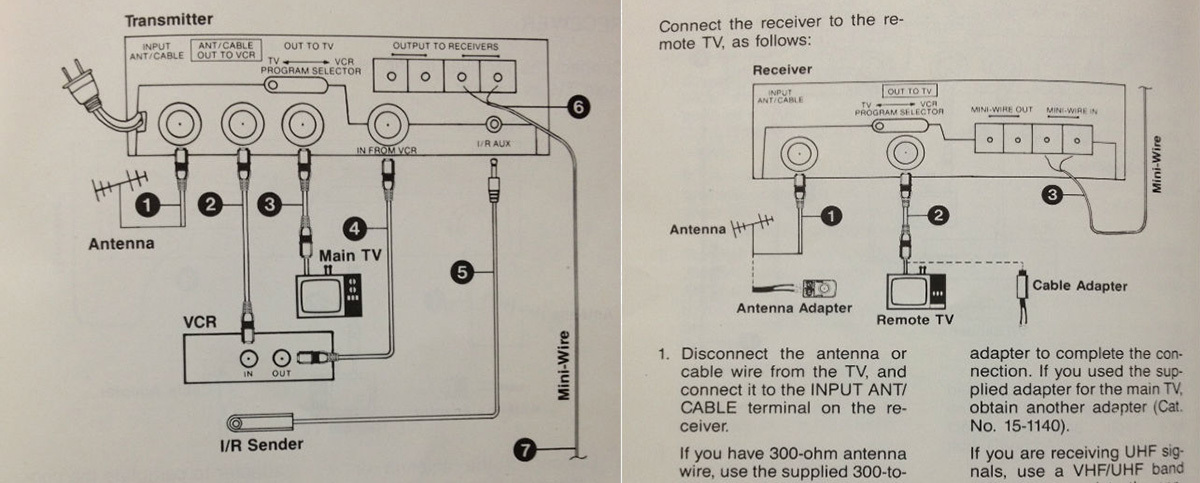
TV is still the latest thing destroying our children, because The Sopranos hasn’t come out yet and everybody thinks all TV is crap. Amigas are the nerd tool of choice and Nintendos begin ousting cartoons as the babysitter’s tool of choice. Various computers are popping up, and floppy disks stop being floppy, creating confusion about the difference between hard disks and floppy disks among millions of five year olds.
It’s clear that computers are happening, but nobody really knows what to do about it. White-Out is the first company to hear the bell tolling, but for most people, computers are either incomprehensible things that send people to the moon, or incomprehensible things that let you play Space Quest. IBM forgets to negotiate for an OS, and people say soon-to-be hilarious things about memory needs.
Most of the 80s were the Old World, and it wasn’t obvious to us where the future was going. For the Bytes, home computers were just as new and interesting as everything else because we were children. The Apple IIe wasn’t that different from a Tonka Truck or a LEGO set: we hadn’t read about computers or talked about them. They dropped into our little spongy heads the same way as our first dinosaur book, and discovering computers was an inherent part of our childhood. We didn’t fear the T-800 and thought HAL was kind of cool.
The 90s: The internet will eat your children
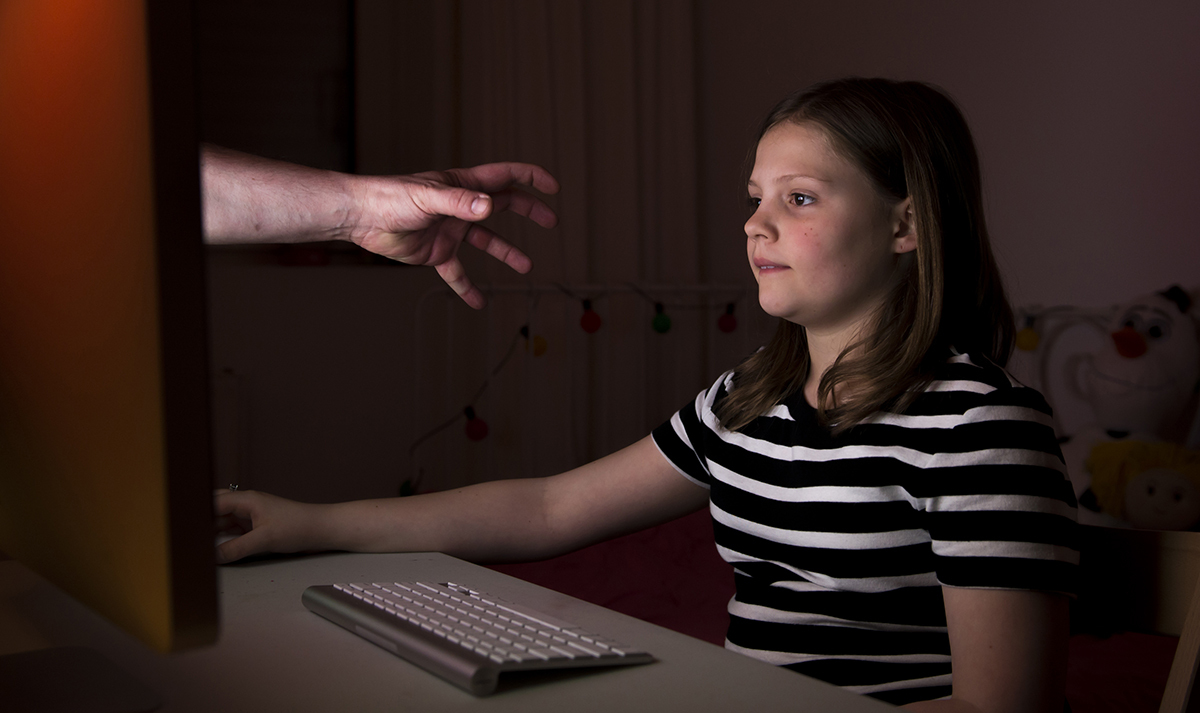
Duran Duran releases Too Much Information, vastly underestimating what the future holds.
It is rapidly becoming obvious that the kids’ world is going to be a little more different than usual. We connect on our own, typing quietly in the night. Porn gifs take half an hour to download, but within them, teenage boys glimpse the future. We all learn to type 120 words a minute by mid-college because of AIM. High schoolers are screaming at each other over the merits of Macs versus PCs. By the end of the 90s, it is clear that there is no way to stop the information, and the children already have all the tools to get it. Governments freak out and parents see predators behind the screens and moral degradation in front of them.
The Net and Hackers tell two terrible stories about the new world, and people actually watch them. You’ve Got Mail makes the irrefutable argument that Meg Ryan is better with Billy Crystal, and starts to let online dating out of the shadows. The difference between the real and the virtual enters common conversation, even as it begins to break down. The Old World refuses to admit analog is doomed.
Our rebellious teen years are the years technology itself seems to rebel, and the 90s are when the public starts to grasp the size of the silicon golem we’d wired into being.
The Age of Aquarius is passed out in a yurt and the Age of Morpheus is snorting Ritalin in the bathroom.
The 00s: There ain’t no cure for World of Warcraft
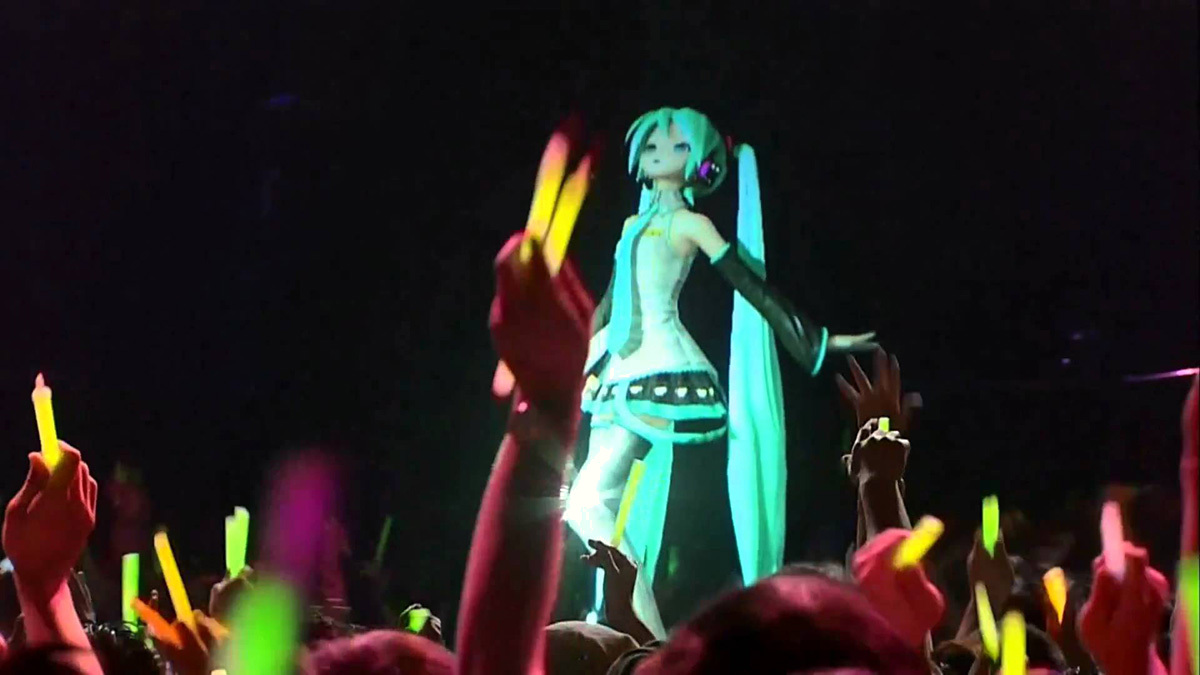
The new ruling class is becoming apparent. If you didn’t get into computers by now, you’re amassing interns to sort it out for you or waiting for a pink slip. College students are starting their own companies and it’s raining millionaires who don’t know how to shave. People are starting to debate how the information is changing the way people think, but for the Bytes, this is the way we think.
The turn of the millennium also heralds the Age of Terror, and new kinds of wars. Governments take mandates to start fighting back against the digital anarchy, and they can because the internet is bound so tightly to the infrastructure and everybody’s dollar. The dystopian model of governments versus mega-corporations versus people bursts from Japanese animation into the real world, and Japan grants superstar status to an animated hologram. Treatment centers open for game addiction.
By now, even the Bytes are starting to think of the internet as a right, a utility guaranteed by a first world economy. Thirty years before, a computer was a novelty in the workplace: today the economy shuts down with the power grid, and two bars of cellular data reception are all that connects you to your next paycheck.
The 00s were when the Bytes got out of college and you weren’t just able to be connected all the time: you had to be. It was the decade things got weird. Language started changing overnight, analog became quaint, and we had to take a few seconds to distinguish EA console games from actual sports broadcasts. By the end of the 00s, talking to invisible people in public was normal.
Now
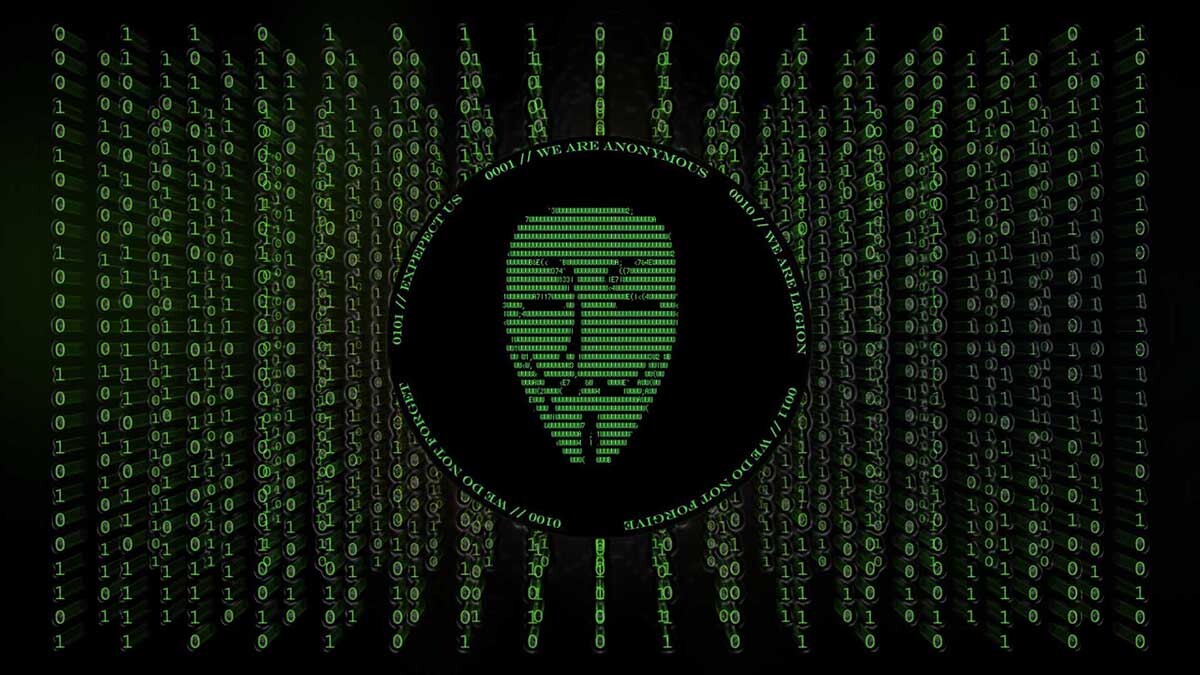
Billions used to be the numbers of the heavens and the unknowable—galaxies in the sky, grains of sand in the world. Now they’re acceptable but not great numbers of bytes in two-pound laptops.
The information fission triggered fusion, and the world became a mad communal consciousness of superimposed co-existence. Rogue government agencies are buried behind opaque torrents of information. Cold and hot wars are being fought with teraflops and ideology. Irony has all but collapsed in the face of absurdity; even as science becomes day-to-day business, ignorance won’t stop screaming as it realizes it can only survive as the willful kind. People are fracturing into xenophobic tribes, in fear of the infinite information that breaks down certainty and complacency.
Everybody is grappling for the keys to the future, without knowing where they are or what doors they unlock. Breakthroughs happen daily. The Millennials wield the information like they were born with wifi cards in their heads, and they don’t even know what wifi cards are. The world is homogenizing and globalizing, stratifying and splintering all at once, as the chips burn the unending and uncaring fuel of data.
We are Generation Byte, and our children will vacation on the moon or kill each other for water. The near future will change the human soul or send it on its way, and the legacy of the Bytes will be the story of whether we steered the ship away from Hell. Also Angry Birds.





